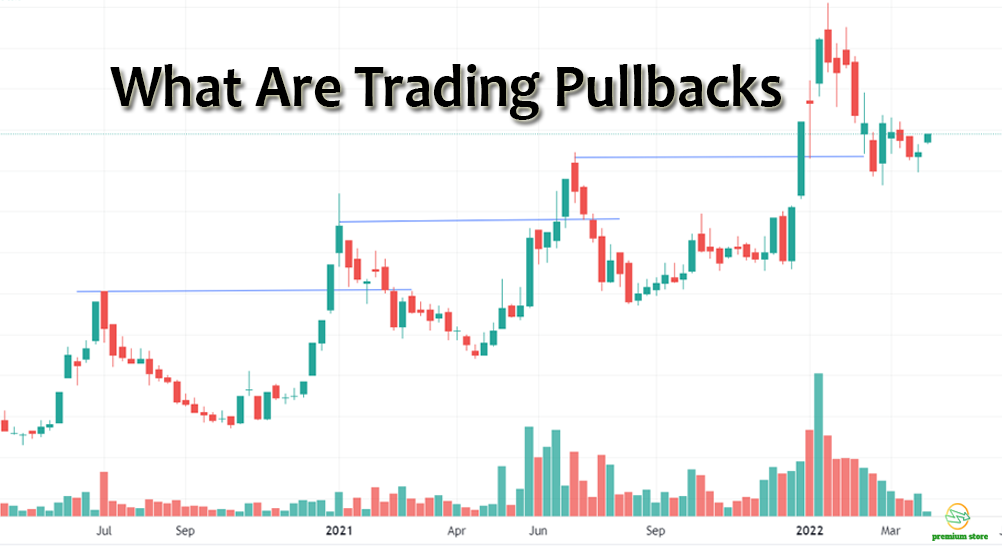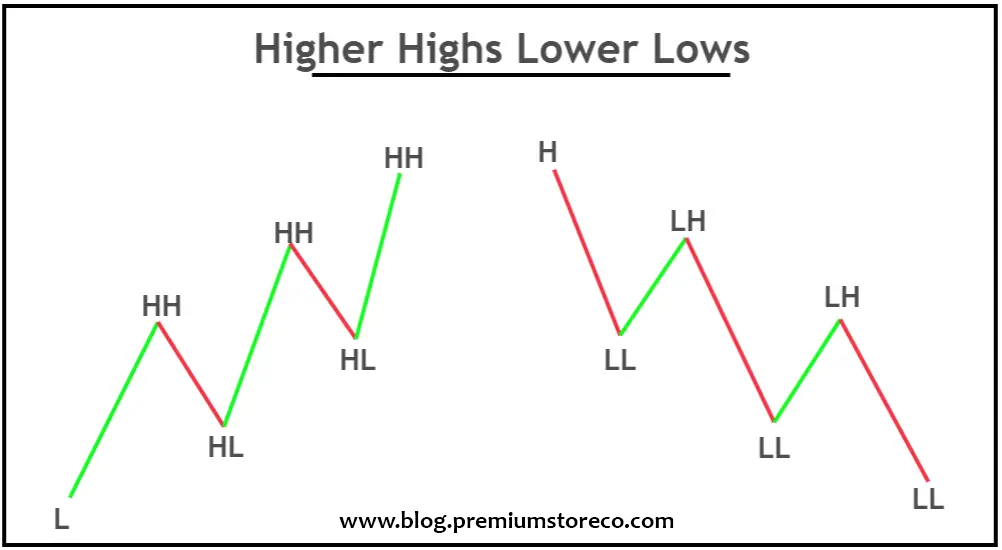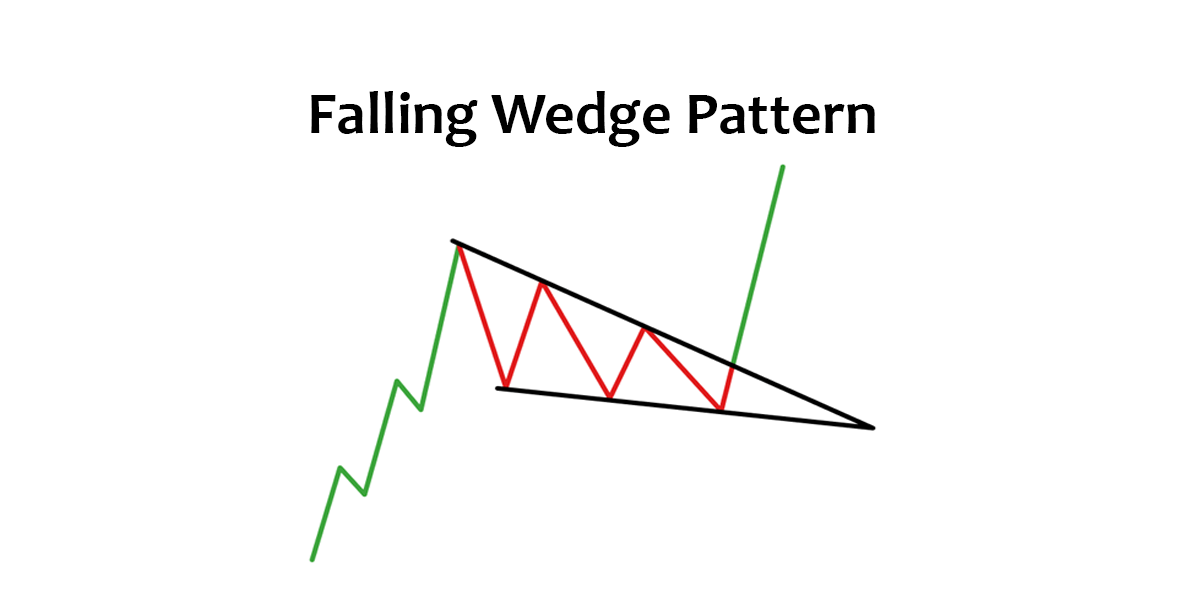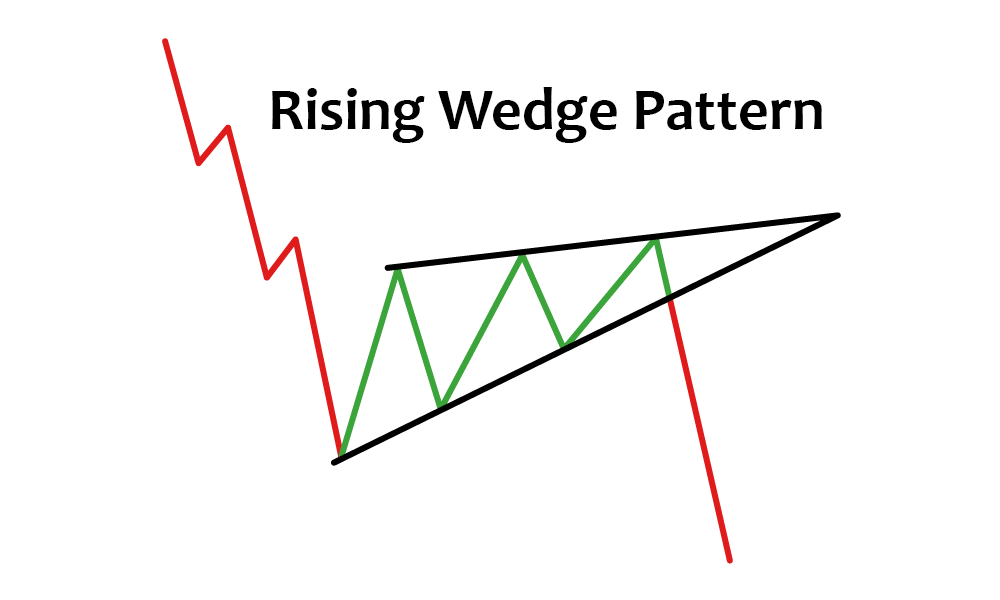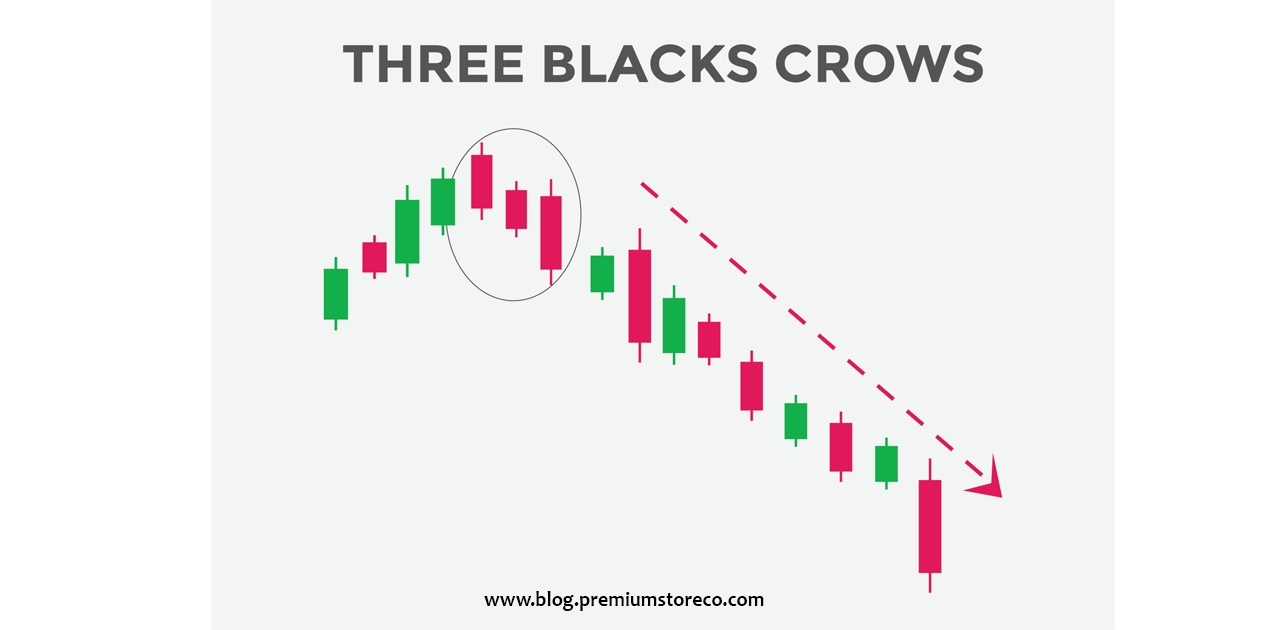Financial technology partners — a.k.a. FinTech — is an exciting and ever-growing field, especially for businesses looking to expand and thrive in this digital age. From virtual accounting to artificial intelligence (AI) and machine learning, FinTech offers a myriad of opportunities for entrepreneurs with a knack for innovation and digital transformation. If you’re interested in partnering with FinTech companies to grow your business, read on for our list of the top seven partners you should consider right away.
These industry insiders have hands-on experience helping other businesses implement new technologies that drive revenue and cut costs at the same time— exactly what you need to succeed as fast as possible! Whether it’s testing out a new accounting software or exploring investment opportunities, these partners can help you integrate FinTech into your business processes from start to finish…
Accounting Software
Accounting software provides a more efficient way to manage accounting functions. With the right software, you can generate more accurate financial statements in less time. Moreover, many accounting software providers integrate with other business management tools, so you can automate time-consuming tasks across your organization.
Most accounting software is cloud-based, which means you can access your data from anywhere as long as you have an internet connection. You can also integrate accounting software with other software you use for marketing, sales, customer service, and human resources.
This way, you can track sales by channel and customer, manage your cash flow, and stay compliant with regulations. Fintech companies that offer accounting software include Intuit, Sage, and QuickBooks.
Virtual Currency
Virtual currency is a digital token that either function as a substitute for legal tender or serves as a way to exchange goods and services. As a business owner, you can use virtual currency to reward customers, increase brand loyalty, and drive sales by making it easier and/or more fun to buy products.
Most virtual currency providers enable you to create a closed-loop system of tokens, which customers can only spend once. You can associate different types of tokens with different products and services. For example, a certain token may be worth $5, and you can use it to buy coffee at your cafe.
Whichever virtual currency provider you select, it should integrate with your cash flow and accounting software. This way, you can track the number of tokens in circulation, the value of each token in dollars, and the number of tokens redeemed for products and services.
Smart Contract Platform
A smart contract platform — like an integrated development environment (IDE) for building and deploying blockchain-based applications — helps you build and tailor blockchain-based applications. Given the rapidly growing popularity of blockchain technology, investing in a smart contract platform is a great way to streamline your business processes with less risk and cost. You can use a smart contract platform to automate your business processes.
You can also integrate your existing applications with a smart contract platform to automatically trigger blockchain-based transactions when certain events occur. A smart contract platform provider can help you create and manage a consortium blockchain network. A consortium network allows companies to share information and interact on a supposedly tamper-proof, privacy-sensitive network.
Blockchain Firm
A blockchain firm partners with you to build an enterprise blockchain application. An enterprise blockchain application consists of software that uses blockchain technology and is typically deployed across an organization.
A blockchain firm can help you design and deploy such an application. Depending on your business needs, a blockchain firm can use either private or public blockchain technology. Private blockchain technology is used within an organization to facilitate data transactions between different departments.
As a business owner, you can use enterprise blockchain applications to integrate your business systems, automate manual tasks, and manage your supply chain more effectively. A blockchain firm can help you integrate your systems with an enterprise blockchain application. It can also help you develop a blockchain app from scratch if you don’t have any systems to integrate.
AI and ML Platform
An AI and ML platform allows you to integrate artificial intelligence (AI) and machine learning (ML) capabilities into your business processes. You can use AI and ML to automate tasks and make more informed decisions.
You can choose to implement AI and ML in a number of business processes, including marketing, sales, customer service, HR, inventory management, and finance. Depending on your industry and business needs, you can choose from a wide variety of AI and ML platforms. Some AI and ML platforms offer pre-built applications that you can easily integrate into your business processes.
You can also tailor and build your own AI and ML systems on top of these platforms. A vendor that specializes in AI and ML can help you create or integrate AI and ML capabilities into your products and services. It can also help you train your employees to use AI and ML.
Robo-Advisor
A Robo-advisor is an automated investment service that uses algorithms to manage your portfolio. A Robo-advisor meets with you to understand your financial goals, risk tolerance, and investment time horizon.
Then, it creates a tailored investment portfolio to help you achieve your financial goals. Robo-advisors use sophisticated algorithms to manage your portfolio. These algorithms are designed to consider market conditions and your risk tolerance to maximize returns while keeping your investment risk low.
In addition to helping you manage your investment portfolio, a Robo-advisor can also help you track your spending and save for retirement. One major benefit of using a Robo-advisor is the reduction of investment management fees. Many Robo-advisors charge significantly lower management fees compared to other investment managers.
Bottom line
The companies listed above are well-known for helping businesses grow through the use of financial technology. The best partners for your business will depend on your business goals, industry, and the type of technology that best meets those goals. You can use the list above to assess your business needs and determine which companies would be a good fit for your business. And don’t forget to explore other categories of partners to find other companies that could be a good fit!





